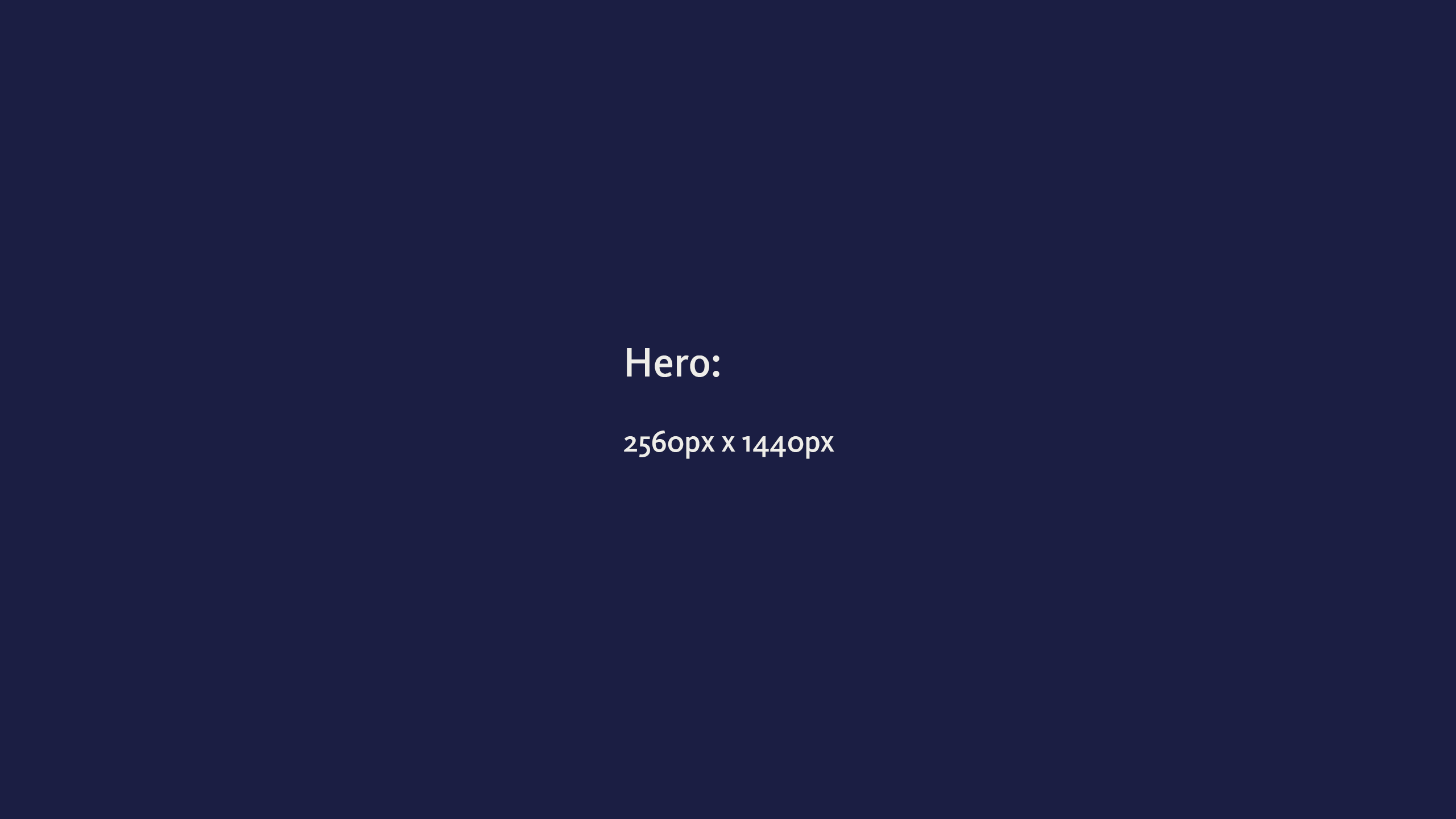ICF Anti-Doping Regeln
Einführung
Am Boardmeeting vom Internationalen Kanu-Verband (ICF), welches am 3. Dezember 2020 online stattfand, hat der ICF die ICF-Anti-Doping-Regeln 2021 angenommen, welche auf dem Welt-Anti-Doping-Code 2021 basieren. Diese Anti-Doping-Regeln werden in Übereinstimmung mit den Verantwortlichkeiten der ICF im Rahmen des Codes und zur Förderung der kontinuierlichen Bemühungen des ICF, Doping im Sport auszulöschen, angenommen und umgesetzt.
Diese Anti-Doping-Regeln sind die Grundlage, welche die Bedingungen für die Ausübung des Sports regeln. Sie zielen darauf ab, die Anti-Doping-Bestimmungen auf globale und harmonisierte Weise durchzusetzen und unterscheiden sich von straf- und zivilrechtlichen Bestimmungen. Sie sollen nicht den nationalen Anforderungen und Rechtsnormen für Straf- oder Zivilverfahren unterliegen oder durch diese eingeschränkt werden, obwohl sie so angewendet werden sollen, dass die Grundsätze der Verhältnismäßigkeit und der Menschenrechte gewahrt bleiben. Bei der Prüfung des Sachverhalts und der Rechtslage in einem bestimmten Fall sollten sich alle Gerichte, Schiedsgerichte und andere Entscheidungsgremien des besonderen Charakters dieser Anti-Doping-Bestimmungen, die den Code umsetzen, bewusst sein und die Tatsache respektieren, dass diese Regeln den Konsens eines breiten Spektrums von Interessenvertretern auf der ganzen Welt darüber darstellen, was zum Schutz und zur Gewährleistung eines fairen Sports notwendig ist. Wie im Code vorgesehen, ist die ICF für die Durchführung aller Aspekte der Dopingkontrolle verantwortlich. Jeder Aspekt der Dopingkontrolle oder der Anti-Doping-Erziehung kann von der ICF an einen beauftragten Dritten delegiert werden; die ICF verlangt jedoch von dem beauftragten Dritten, dass er diese Aspekte in Übereinstimmung mit dem Code, den internationalen Standards und diesen Anti-Doping-Regeln durchführt. Die ICF kann ihre Zuständigkeiten für die Urteilsfindung und das Ergebnismanagement an die Anti-Doping-Abteilung des CAS delegieren. Wenn die ICF ihre Zuständigkeiten für die Durchführung von Dopingkontrollen ganz oder teilweise an einen beauftragten Dritten delegiert hat, ist jeder Verweis auf die ICF in diesen Regeln als Verweis auf diesen beauftragten Dritten zu verstehen, sofern dies im Rahmen der vorgenannten Delegation möglich ist. Das ICF bleibt immer in vollem Umfang dafür verantwortlich, dass alle delegierten Aspekte in Übereinstimmung mit dem Kodex durchgeführt werden. Kursiv gedruckte Begriffe in diesen Anti-Doping-Bestimmungen sind definierte Begriffe in Anhang 1. Sofern nicht anders angegeben, beziehen sich Verweise auf Artikel auf die Artikel dieser Anti-Doping-Bestimmungen.
At the International Canoe Federation (ICF) Board of Directors Meeting, held online on December 3rd 2020, the ICF accepted the 2021 ICF Anti-Doping Rules based on the 2021 World Anti-Doping Code (the "Code"). These Anti-Doping Rules are adopted and implemented in accordance with the ICF's responsibilities under the Code, and in furtherance of the ICF's continuing efforts to eradicate doping in sport.
These Anti-Doping Rules are sport rules governing the conditions under which sport is played. Aimed at enforcing anti-doping rules in a global and harmonized manner, they are distinct in nature from criminal and civil laws. They are not intended to be subject to or limited by any national requirements and legal standards applicable to criminal or civil proceedings, although they are intended to be applied in a manner which respects the principles of proportionality and human rights. When reviewing the facts and the law of a given case, all courts, arbitral tribunals and other adjudicating bodies should be aware of and respect the distinct nature of these Anti-Doping Rules, which implement the Code, and the fact that these rules represent the consensus of a broad spectrum of stakeholders around the world as to what is necessary to protect and ensure fair sport.
As provided in the Code, the ICF shall be responsible for conducting all aspects of Doping Control. Any aspect of Doping Control or anti-doping Education may be delegated by the ICF to a Delegated Third Party, however, the ICF shall require the Delegated Third Party to perform such aspects in compliance with the Code, International Standards, and these Anti-Doping Rules. The ICF may delegate its adjudication responsibilities and Results Management to the CAS Anti-Doping Division.
When the ICF has delegated its responsibilities to implement part or all of Doping Control to the Delegated Third Party, any reference to the ICF in these Rules should be intended as a reference to that Delegated Third Party, where applicable and within the context of the aforementioned delegation. The ICF shall always remain fully responsible for ensuring that any delegated aspects are performed in compliance with the Code.
Italicized terms in these Anti-Doping Rules are defined terms in Appendix 1.
Unless otherwise specified, references to Articles are references to Articles of these Anti-Doping Rules.
Fundamental Rationale for the Code and ICF's AntiDoping Rules
Anti-doping programs are founded on the intrinsic value of sport. This intrinsic value is often referred to as "the spirit of sport": the ethical pursuit of human excellence through the dedicated perfection of each Athlete’s natural talents.
Anti-doping programs seek to protect the health of Athletes and to provide the opportunity for Athletes to pursue human excellence without the Use of Prohibited Substances and Prohibited Methods.
Anti-doping programs seek to maintain the integrity of sport in terms of respect for rules, other competitors, fair competition, a level playing field, and the value of clean sport to the world.
The spirit of sport is the celebration of the human spirit, body and mind. It is the essence of Olympism and is reflected in the values we find in and through sport, including:
Health
Ethics, fair play and honesty
Athletes’ rights as set forth in the Code
Excellence in performance
Character and Education
Fun and joy
Teamwork
Dedication and commitment
Respect for rules and laws
Respect for self and other Participants
Courage
Community and solidarity
The spirit of sport is expressed in how we play true. Doping is fundamentally contrary to the spirit of sport. The International Canoe Federation has shared the Fundamental Rationale of the Code since Doping Controls were initiated in the 1980s. The ICF was the second International Federation committed to initiate Out-of-Competition Testing.
......
Lade das PDF herunter, um das gesamte Dokument zu lesen.
Unterstütze unseren Sport –
Unterstütze Swiss Canoe
Join the Community und erhalte unsere News
Unterstütze unsere Arbeit
durch deine Mitgliedschaft
Werde
Clubmitglied
Mitmachen –
Volunteers willkommen!







